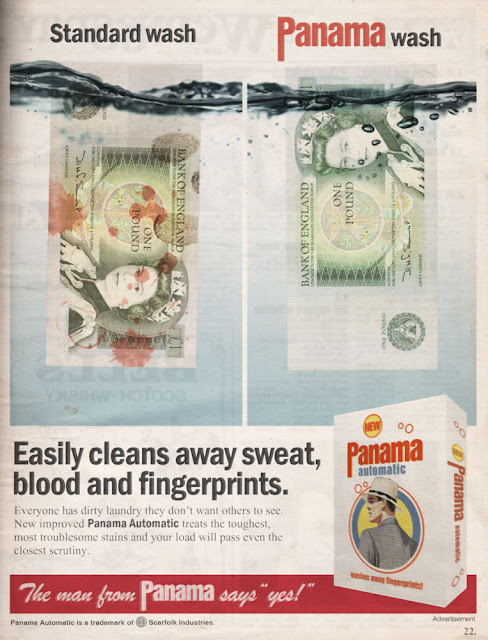In 1978 the government faced budgetary problems on all fronts. The NHS, for example, risked collapse following an all-out doctors' strike, which had been triggered by the health secretary's insistence that doctors continue to work after they die and attend to patients via séance.
Desperate to reduce the numbers of patients straining NHS resources, the health secretary eventually struck upon an idea that would allow him to kill at least two birds with one stone.
British Gas was in the process of being privatised and the health secretary had a controlling financial interest in the company that was being groomed to acquire ownership. The health secretary lobbied for a short-term reduction in the cost of coal gas, particularly in areas of high unemployment, and promoted it as an aid to health akin to mountain or sea air.
He also had a hand in secretly funding a BBC "Play for Today" drama called "Noble Gas for Noble Gary" which extolled the virtues of a sick, working-class man who, along with several out-of-work comrades, commits suicide by putting his head in an unlit gas oven so as not to burden society. The men were portrayed as heroes to be emulated.
The health secretary's ideas became conflated in the public mind and by 1979 suicide by gas became an unlikely health fad spawning an array of books, cassettes and evening classes, all of which were produced by a company in which the healthy secretary also had shares.




